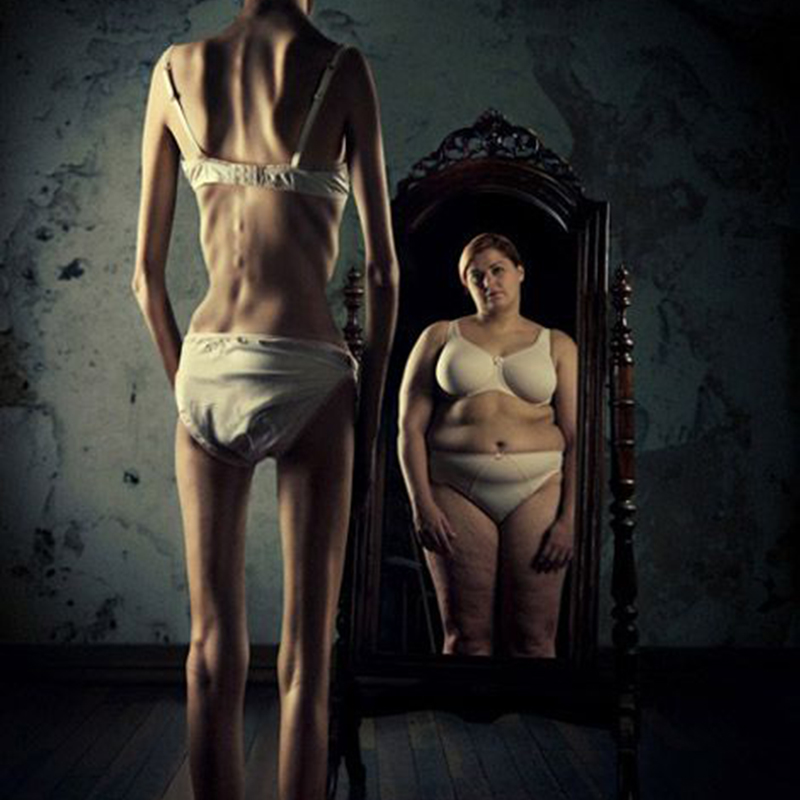To your dissatisfaction, your child has started to complain more and more about the appearance of her nose. She resentfully compares her nose to those of her classmates. You often also catch her standing in front of the mirror, scrutinizing her appearance and when you attempt to discuss your concerns with her she becomes defensive. You’ve also noticed that she has been researching cosmetic surgery on her computer. How do you know if this is a normal phase of her teenage years or if she suffers from Body Dysmorphic Disorder (BDD)?
Your Childs Body Perception
People with BDD constantly worry about the appearance. They may worry that their nose is too big, their skin too light or that something else is wrong with the way they look. Even when others tell them that they look fine, they still find it hard to believe.
They actually become obsessed with their so called appearance flaws and because of the distorted body image caused by the disorder, a person may believe that he or she is too ugly or disfigured to be seen. The intensity of embarrassment about her appearance that BDD causes cannot be overstated.
Even if your child does not have the disorder but has a negative body image (when she feels her body does not measure up to family, social or media ideals), it can still have an effect on her mental and physical health. People who have a negative body image are more likely than people with a positive body image to suffer from anxiety, depression and low self-esteem.
How to teach your kids positive body image
As a parent you want to teach your child that appearance is not everything. You want your child to include character, interests, personality and unique strengths into their self-image. At the same time however, you want your child to appreciate and care for their bodies and to take pride in how they look.
Compliment your child on her talents, achievements and personal values and avoid any negative statements about their weight, appearance or features.
Make sure your child understands that changes in their body (such as hair growth and weight gain) are a normal part of development, especially during puberty.
Keep communication lines open with your child and encourage your Children’s School to enact policies against harassment, bullying, name-calling and teasing!
What are the warning signs for body dysmorphic disorder?
If your child is constantly preoccupied and upset about body imperfections or flaws, it may be a sign of BDD. Here are a few signs and symptoms of BDD:
- Frequently looking in the mirror or even avoiding mirrors altogether
- Refusing to appear in pictures
- Avoiding social situations
- Comparing appearance to that of others
- Obsessive concern over various physical features
- Wearing excessive makeup or clothing to camouflage their so-called flaws
It is extremely difficult to deal with a disorder on your own. If you or if there’s someone you know who may be struggling with BDD, it is a good idea to seek help immediately.
